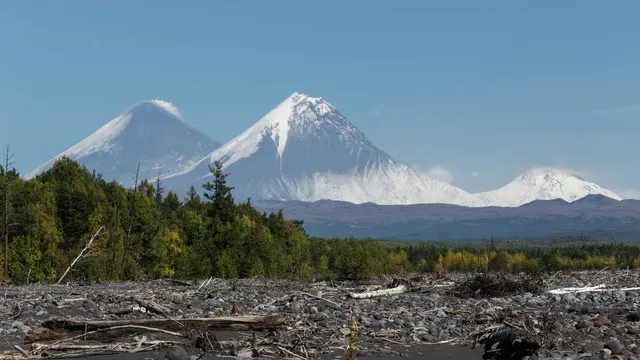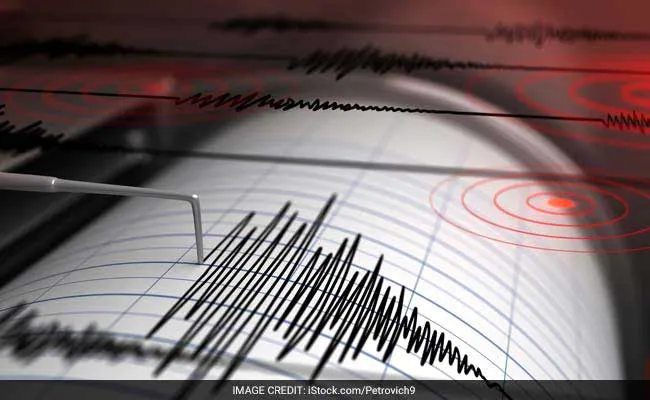Citarum River: A Grim Portrait of Environmental Neglect
The Citarum River, located on the island of Java in Indonesia, has gained international notoriety as the dirtiest river on the planet. Once a lifeline for the communities along its banks, the river now serves as a grim reminder of the environmental challenges facing our world. This article explores the reasons behind the degradation of the Citarum River, its impact on local communities and ecosystems, and the urgent need for comprehensive solutions to address this environmental catastrophe.
The Citarum River's Decline:
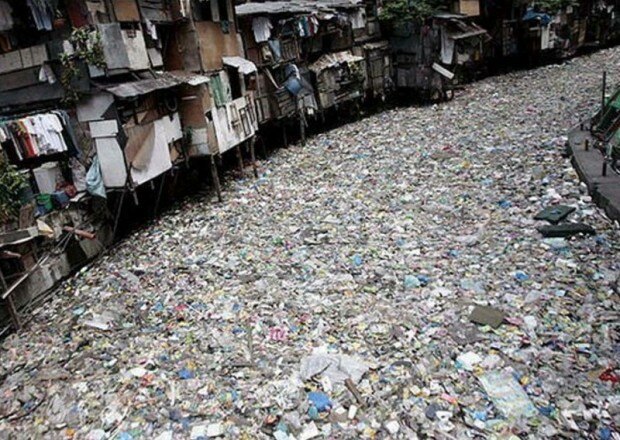
Once known for its crystal-clear waters and abundant aquatic life, the Citarum River has undergone a dramatic transformation over the years. Rapid industrialization and population growth in the surrounding areas have led to the unchecked discharge of untreated industrial waste, household sewage, and agricultural runoff into the river. As a result, the once-pristine waterway has become a toxic cocktail of pollutants, earning it the dubious distinction of being the dirtiest river globally.
Industrial Pollution:
One of the primary contributors to the Citarum River's pollution is the extensive industrial activity in the region. Numerous factories lining the riverbanks release untreated chemical waste directly into the water, contaminating it with heavy metals, toxic chemicals, and other hazardous substances. The lack of stringent environmental regulations and enforcement exacerbates the situation, allowing industries to operate with little regard for the river's well-being.
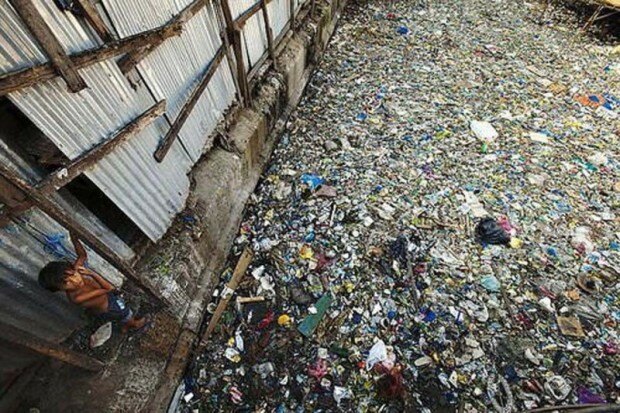
Untreated Sewage and Domestic Waste:
The densely populated communities along the Citarum River heavily rely on its waters for domestic use. Unfortunately, inadequate sanitation infrastructure means that vast amounts of untreated sewage and domestic waste are discharged directly into the river. The combination of industrial and domestic pollutants has created a lethal cocktail that poses severe risks to both human health and the river's ecosystems.
Impact on Ecosystems and Biodiversity:
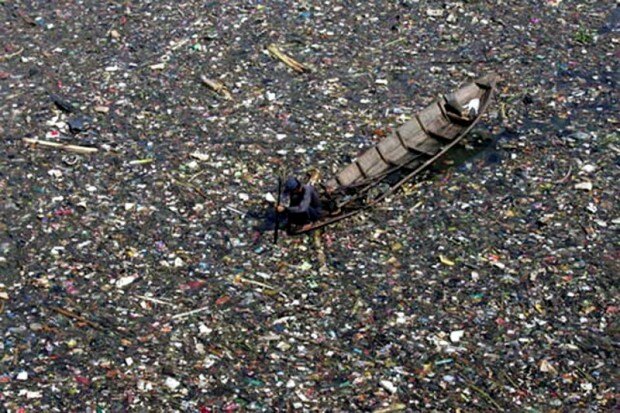
The ecological consequences of the Citarum River's pollution are devastating. Aquatic life in the river has been decimated, with fish populations dwindling and many species facing extinction. The river's ecosystems, once rich and diverse, are now on the brink of collapse. The pollution has also extended to the surrounding land, affecting agriculture and wildlife habitats.
Human Health Concerns:
The polluted water of the Citarum River poses significant health risks to the communities relying on it for drinking water, irrigation, and other daily needs. Waterborne diseases, skin conditions, and respiratory problems have become prevalent among the river's residents. The dire state of the river has led to widespread poverty and suffering in the region.
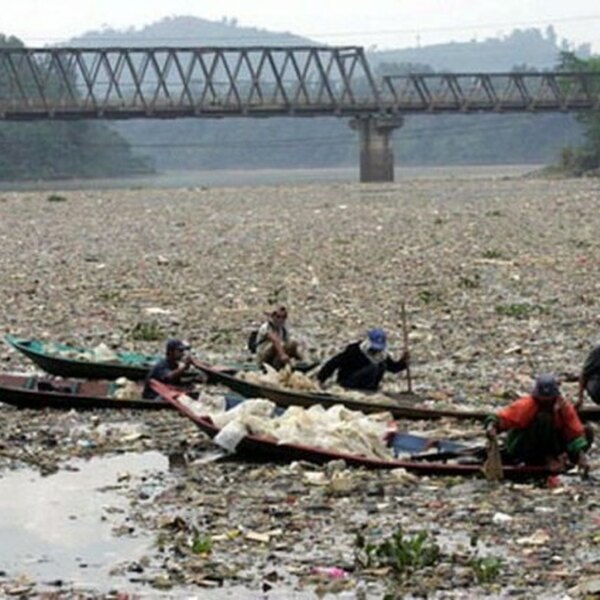
Urgent Need for Action:
Addressing the crisis of the Citarum River requires a multi-faceted approach involving government intervention, community engagement, and international cooperation. Stringent environmental regulations must be enacted and enforced to hold industries accountable for their actions. Investments in wastewater treatment facilities and improved sanitation infrastructure are crucial to preventing further pollution.
Community involvement is equally essential, as raising awareness and empowering local residents can contribute to sustainable solutions. International organizations and neighboring countries should collaborate to provide expertise, resources, and support in rehabilitating the Citarum River and ensuring the long-term health of this vital waterway.
Conclusion:
The Citarum River stands as a stark example of the environmental toll exacted by unchecked industrialization, weak regulatory frameworks, and inadequate infrastructure. Urgent action is needed to reverse the damage, protect the health and well-being of local communities, and restore the Citarum River to its former glory. The fate of this once-majestic river serves as a global call to action, highlighting the imperative of responsible environmental stewardship to ensure a sustainable future for our planet.

